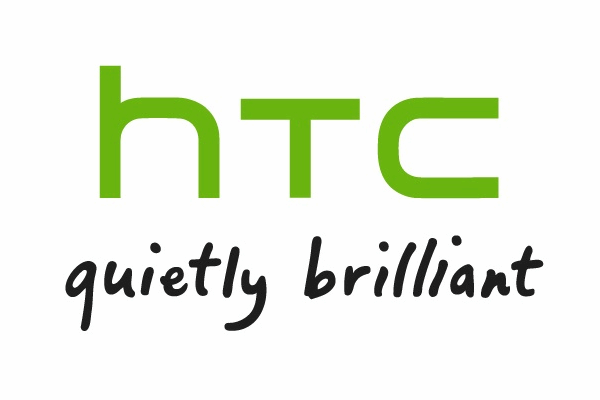Peter Chou, HTC's CEO said:
"We welcome Benjamin to HTC and look forward to integrating the global marketing capabilities he brings to the company. Our growing brand, centered around our world-class innovation and design capabilities, will provide a global platform not just for HTC, but for Taiwan culture and innovation."
In a statement emailed to The Next Web, HTC said that Ho will report directly to CEO Peter Chou and will be responsible for "leading HTC into its next phase of brand marketing and awareness". This next phase, which is internally known as marketing 2.0, will focus on "holistic marketing and mass market brand outreach".
HTC's current marketing strategy is wide ranging, but it does not always have the budget to compete, on a global basis, with rivals such as Samsung and Nokia. In part, this was why the branding of the HTC 8X and 8S as "signature" Windows Phone devices was significant. By giving additional prominence to the Windows brand HTC will have gained a bigger contribution from Microsoft towards promoting the phone, most likely in the form of in-kind benefits.
Traditional advertising and new media campaigns remain at the core of any marketing strategy, but increasingly there's a recognition, amongst mobile manufacturers, that there's also a need to engage with customers in a conversational way.
HTC carries out a number of initiatives to directly connect with end users. Among the most interesting of these is its Elevate program, which the company describes as "private community for HTC's best customers". HTC Elevate members are given sneak peaks at products and software updates, and provide direct feedback to the company. The program is part VIP focus group, and part influencer stewardship. It's the kind of activity that would fit in well with the stated "marketing 2.0" push, especially if fully integrated into a wider marketing and brand awareness strategy.

